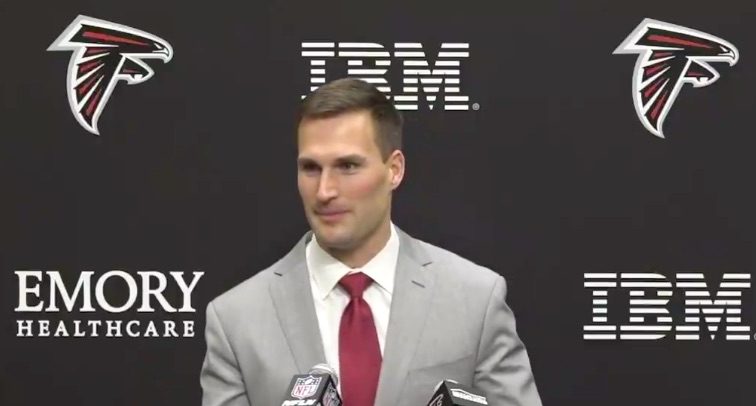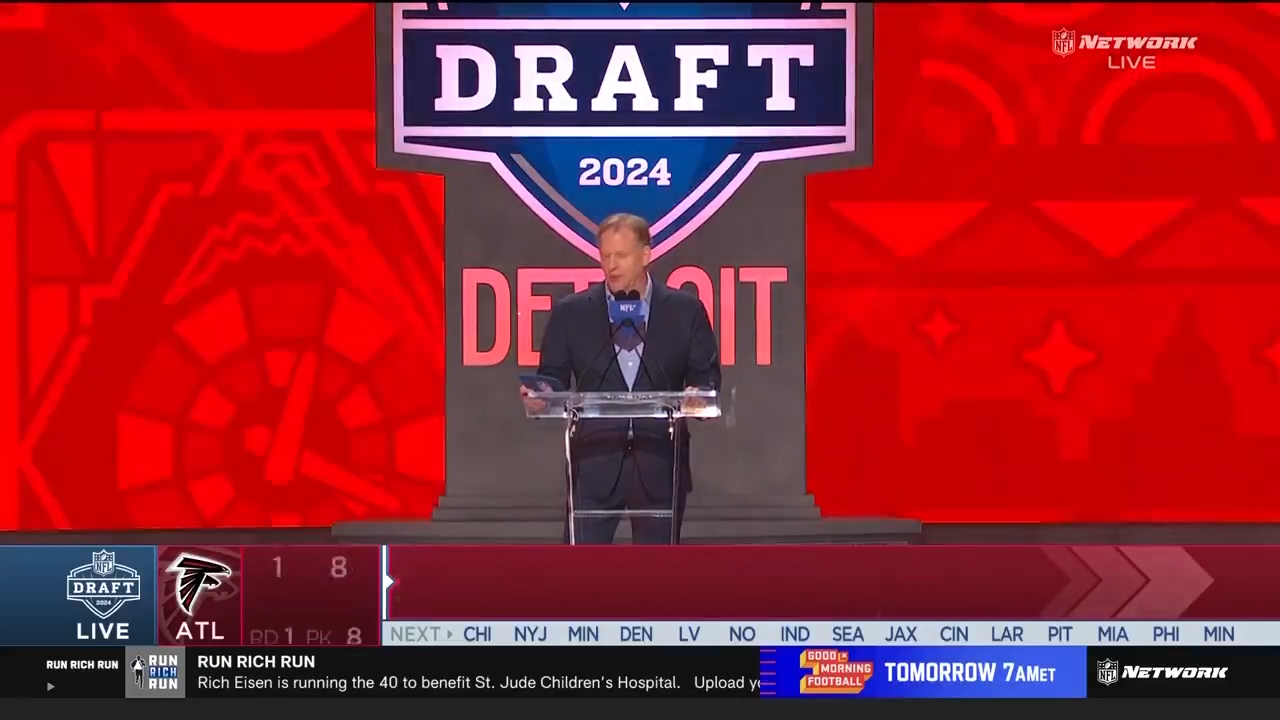How do you feel about the NFL? Do you watch games less than you used to? Why? Because of the effects of concussions and injuries? Because of the national anthem protests? Because of domestic violence and violent crime committed by players? These are the questions many fans, advertising executives, and the league itself are asking themselves. The age of #StickToSports is over (if it ever existed in the first place), so knowing what exactly is causing some fans to tune out will have a direct impact on how America’s most popular sports league moves forward.
The Washington Post, along with the University of Massachusetts Lowell, conducted a nationwide poll in August in order to find out how fans are feeling about their favorite football league. It turns out, while some of them are tuning out, many more remain loyal viewers.
Six in ten Americans still say they are pro football fans, which is similar to polls in 2012 and 2008. That number also far outpaces the next biggest sports, pro baseball and college football (both 45 percent).
The potential perils of football haven’t swayed younger generations just yet either. 61 percent of Americans between 18 and 29 say they’re football fans and 41 percent of adults under 30 say their interest in football has increased in recent years.
That said, fans aren’t nearly as skeptical about the impact of injuries as they once were. 83 percent of Americans either think it’s certainly true or probably true that playing football causes brain injuries. 76 percent of them say that the long-term health problems caused by the sport are a major problem. 45 percent of Americans also think the NFL is doing “too little” to prevent head injuries. Still, that isn’t stopping them from watching the NFL.
While interest remains high in the league and sport, it’s still notable that 23 percent of Americans say their interest in professional football has decreased in recent years, which is way up from 13 percent in 2012. When asked why their interest has waned, 24 percent said politics (including 17 percent who cite the national anthem protests), while ten percent noted the increase in delays and stoppages. A mere seven percent cited concern over injuries.
As for major problems plaguing the league, almost 60 percent cite violent crime and domestic violence committed by players. 40 percent think players are paid too much while 36 percent think players speaking out about political and social issues is a major problem.
What should the league do about the results of the poll? It’s hard to say. It is, at the end of the day, a random sampling of fans collected at a specific moment in time. On the other hand, it’s hard to ignore the ever-growing concerns that fans have about injuries and activism, two issues that are only going to get more prominent in the days ahead. The question is, is the NFL capable of doling out change and progress in an effective way that benefits all parties? We’ll believe it when we see it.







